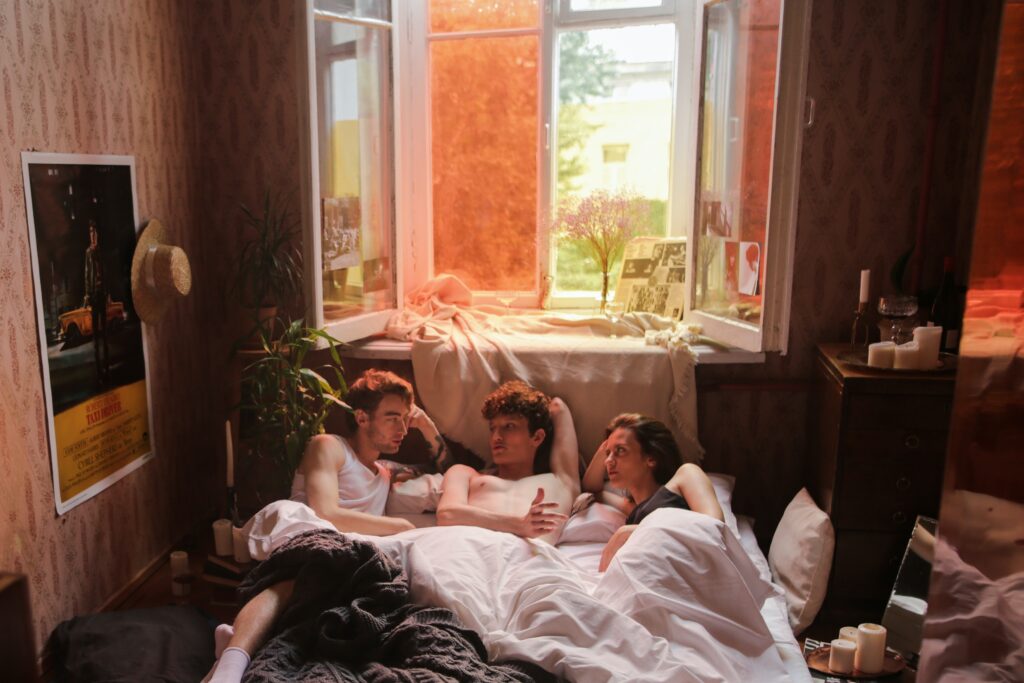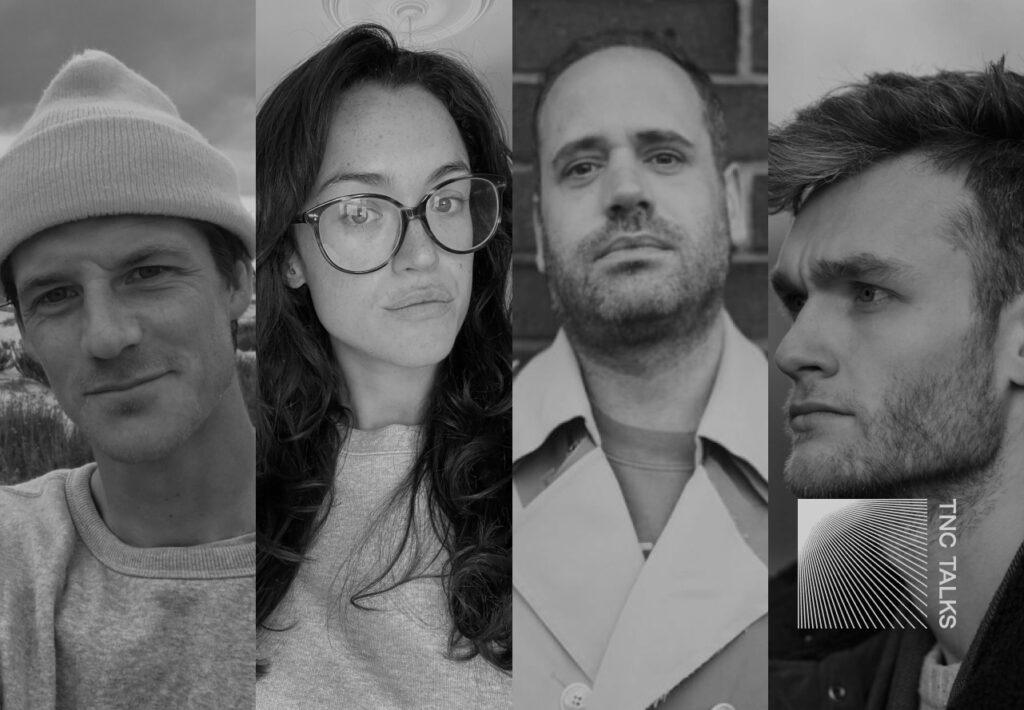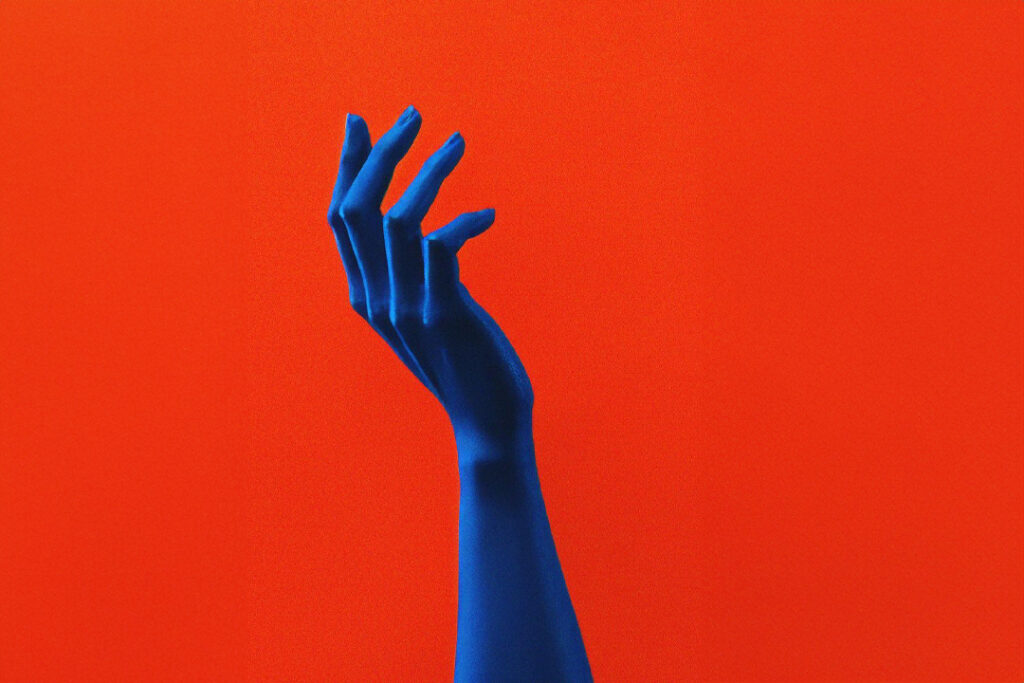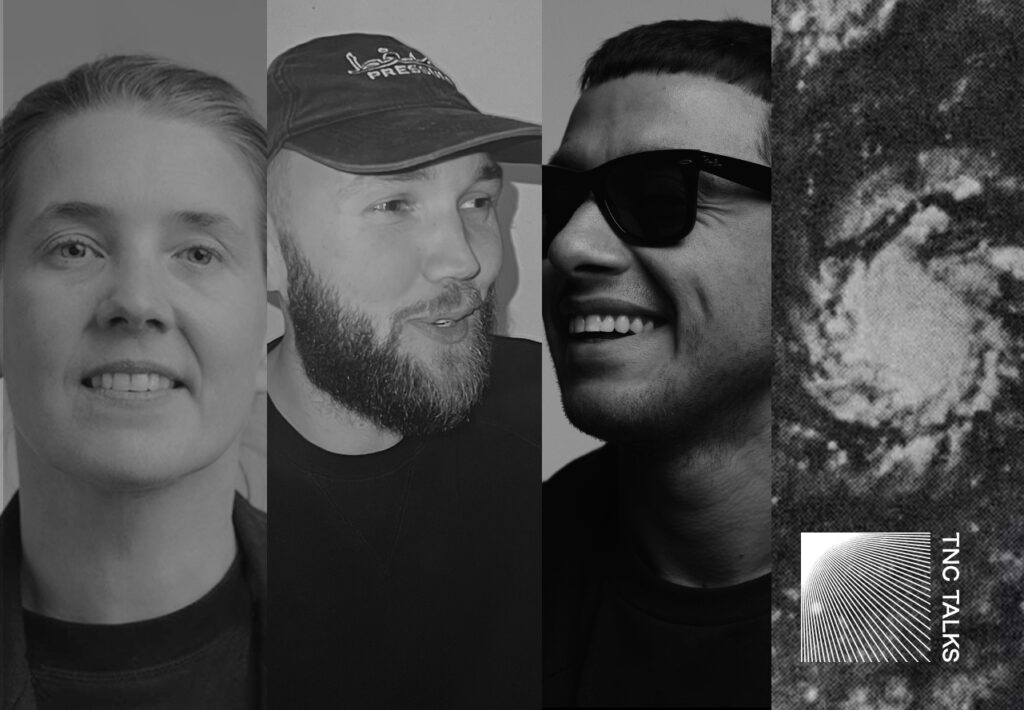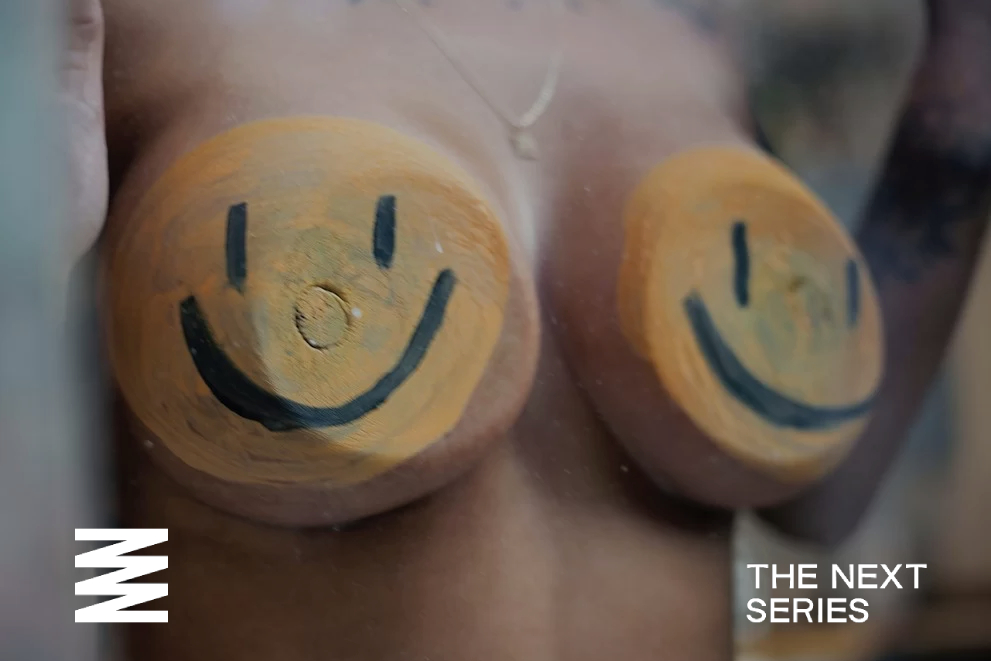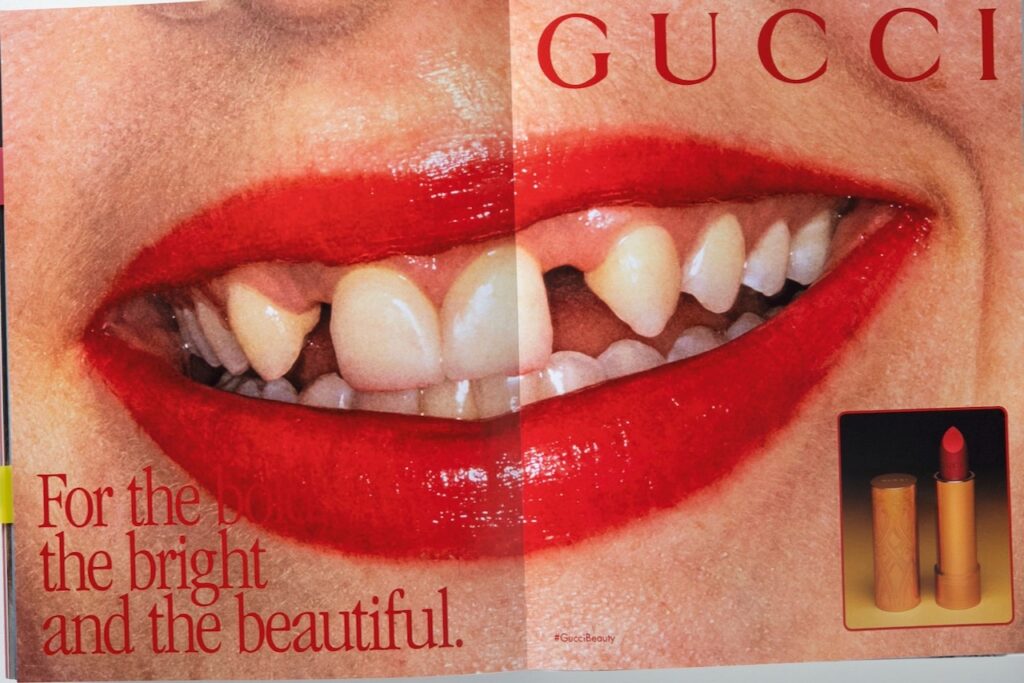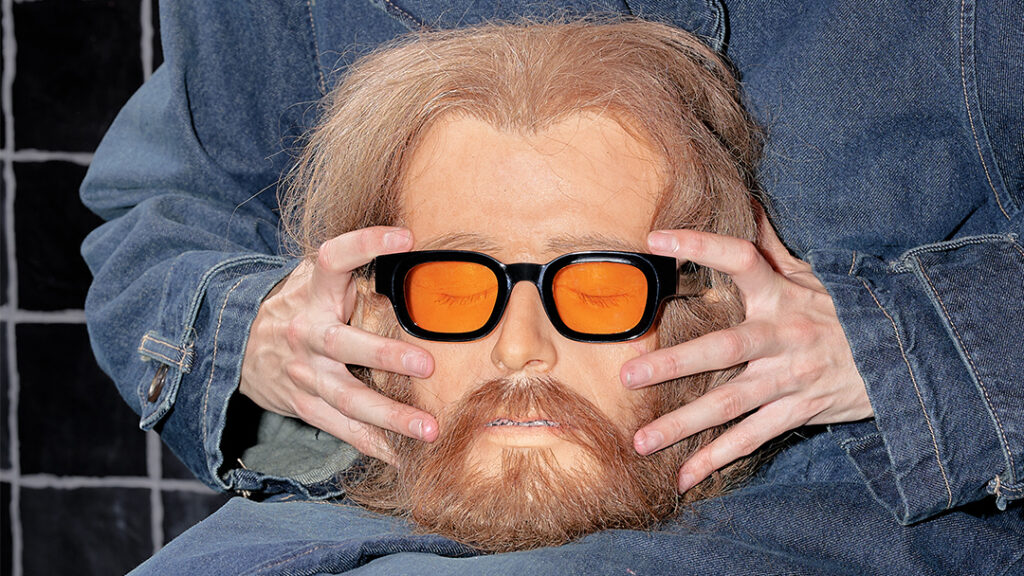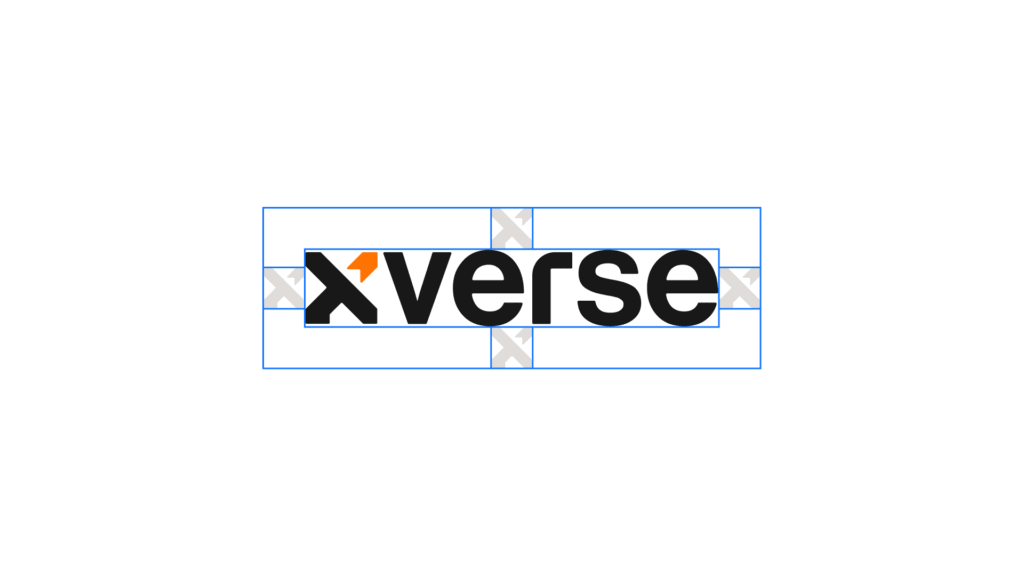Digitalization and the internet have brought about many great things, and probably the greatest of them all has been the capability to access knowledge. We often take this fact for granted, seemingly overlooking the monumental privilege we have over our ancestors. Just google it – We’ve literally made a verb out of a noun and crowned this era as the age of information. So now, taking into account that, historically speaking, formal education was rooted in the access to said information… How relevant is academic schooling nowadays if we have all the knowledge in the world at our disposal with a click of a button and a tad of browser navigation suaveness?
Now here, we can already hear you saying “You might have access to the information but that doesn’t mean you know how to use it TNC”. True. Formal education isn’t only about accessing the information, in fact, one could state that it’s more about certification. It’s about proving that you know something. You trust a surgery performed by a doctor whose credentials confirm he’s qualified, and maybe not so much someone who assures you that they know what they’re doing because they’ve watched all the TED Talks on medicine. You trust a plane flown by a pilot who has all his certifications in order, not someone who claims to be able to handle a Boeing 787 because of the countless hours spent playing with flight simulations.
Also, formal education in many cases is a way for professionals to be held accountable for any sort of malpractice. It allows for professionals to be part of larger governing entities making regulation simpler. So in these cases sure, formal education is clearly very much relevant.
But what about in creative fields?

True or False: You don’t need a formal education to become an artist
You increasingly come across the stories of hugely successful and talented creatives that received no formal education whatsoever. Self-taught, art pouring out of them, bursting at the seams.
So, is formal education necessary to become an artist? No, not at all. As shown by the countless successful creatives in the industry who do not have a BA or so much as a course certifying their ability in their craft, you can succeed in the creative field without an educational background. Young people trying to “make it” in the different creative realms are increasingly shunning the academic path in favor of a more practical, learn-as-you-go, sink-or-swim approach.

True: The price of education often isn’t worth it
I meaaaaan… Can we even blame young people for not wanting to go take the academic route? Maybe there was a time when a degree from a good university guaranteed one a decently paid job, but nowadays the only thing that’s guaranteed is beginning your professional career at a disadvantage, dragging a considerable amount of debt before you’re even allowed to drown your financial sorrows in a beer – in the US that is, elsewhere you might still have debt, but you can have a drink if you get sad about it :).
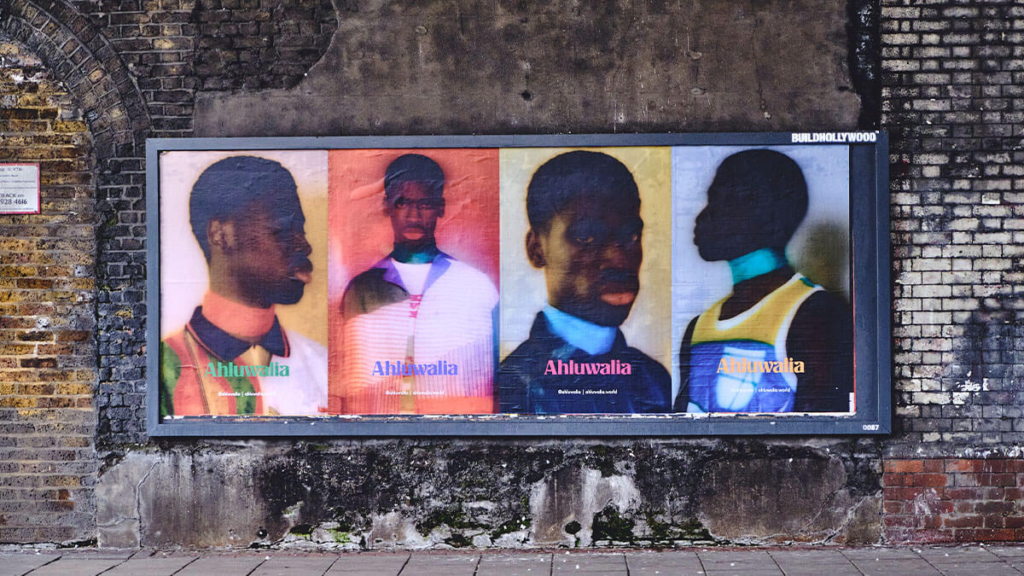
Granted this does not apply to all corners of the globe, there are countries where you can in fact study for free, northern Europe in particular. Still, this isn’t the case in most places around the world, and countries such as the US and the UK are notorious for their extortionist fees. Added to the fact that many students of arts degrees leave university without any prospects as far as jobs go and often end up working in different industries… Not to mention that you can be the best in the business but if you don’t know the right people chances are you’ll end up nowhere. Might as well start investing in those Instagram ads. Can you blame those young artists for not wanting to the academic route?
False: You can do everything on your own
That’s not to say that an education can’t be incredibly useful and advantageous. Yes some people are self-taught and it works for them, but this doesn’t mean it’ll work for everyone.
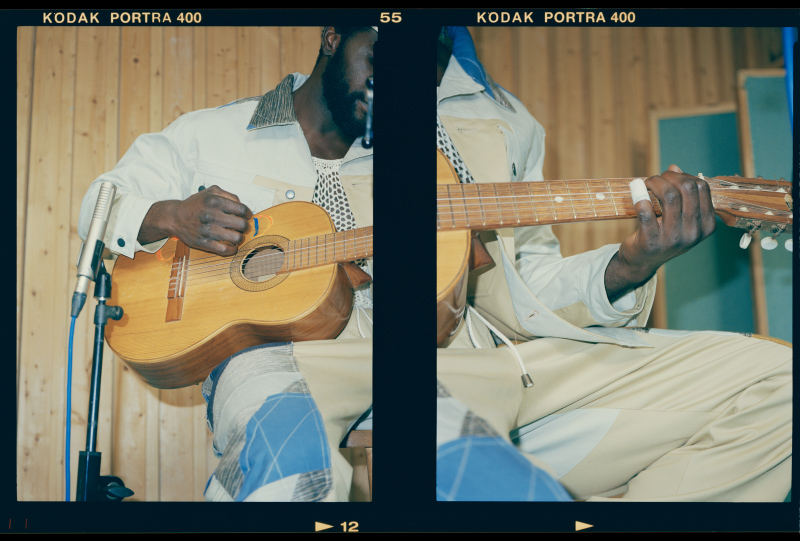
Education in many cases still provides a solid backbone for any artist’s career. Yes, you may be bursting at the seams with art, still, without the right guidance, you might not be able to portray it in your medium adequately. Formal education can help you hone in on your craft, and understand its foundations of it, its uses and purpose. Ideally, it should give you a taste of what navigating your industry will be like, either by giving you the chance to participate in showcases or complementing theoretical work with internships in the real world. Chances are that can’t do absolutely everything on your own.
Success in creative fields involves not only talent, but also hard work, direction, and a little bit of luck. You need an opportunity, and you need to be ready for it when it comes. And, as a hard-working, talented artist, if you can actually find a way to create your own opportunities, you’ve hit the jackpot.
But how does one create their own opportunities?
True: What you need are tools, resources, and connections
Creative industries are oftentimes highly competitive and, quite frankly, you could use any tool you can get yourself hold of if you want to make it.

An academic background could be such a tool. But it needn’t be the only one. There are many artists who find their path simply by embarking on it, by actually creating and putting themselves out there. The incursion into the industry, however, proves to be smoother under good guidance. Good knowledge of how everything works, of creating a collection, a song, or a painting from scratch, will no doubt help you understand the journey an artist and their work must go through in order to make a living out of it.
And if you don’t know how to get your foot in the door, a degree is a way to start. Not everyone has the contacts to be exposed to the business early on or is able to find a mentor. Not everyone has the ability or drive to teach themselves, and this doesn’t mean they’re not talented. Some people find it easier to thrive within an institution.
Formal education will come in handy as an access point to the industry. But from then onwards, know that you can’t rely on that alone in order to be successful. At the end of the day, regardless of whether you go into formal education or not, you’re going to have to learn to swim in the industry. Because there’s a lot more that goes into the creative field than creating in itself.
Does it help? Yes. Is it necessary? No.
That really says it all. An academic background is a tool like any other for an artist. It helps, but it’s not the only tool that exists and depending on your craft and desired path it’ll be of more, or of less use. The more your education bridges the gap between your art and the real world it aims to inhabit the better. Still, you can totally play the game and play it well, without any of it.
It’s all a matter of perspective. Art is subjective, and if your goal is simply to create, to be an artist, no one can tell you how to do it.

